Social media has altered how people interact with brands, opening up new opportunities and challenges for businesses.
While traditional marketing methods like print and television advertisements are still effective, social media has emerged as a powerful tool for brand building and customer engagement. Brands that effectively use social media can:
- connect with their audience,
- drive business growth, and
- establish a strong online presence.
In this article, we will look at the impact of social media on brand building and customer engagement, as well as strategies for achieving these goals through social media.
The Importance of Brand Building
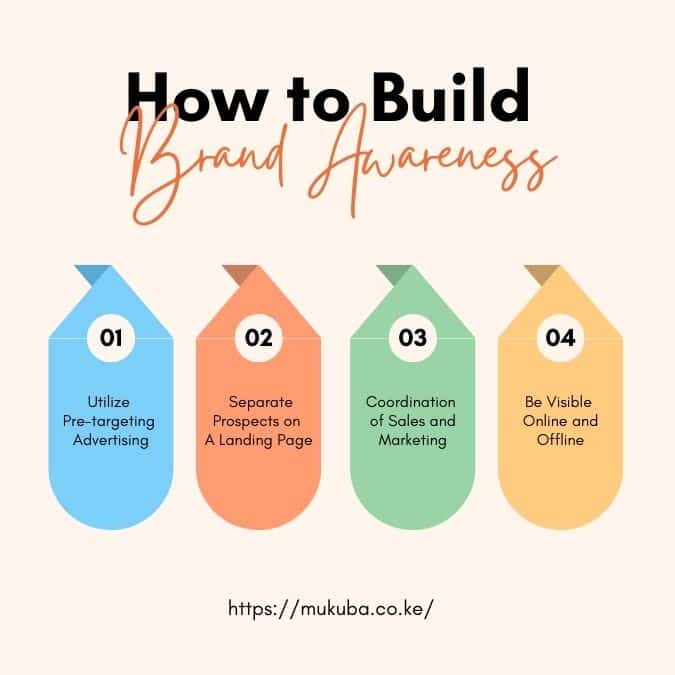
Building a brand is an essential component of any successful business strategy. Building a strong brand can assist businesses in establishing a distinct identity, differentiating themselves from competitors, and leaving a lasting impression on customers.
Strong brands can also elicit emotions and form strong connections with customers, fostering loyalty and advocacy.
Increased customer recognition and trust are one of the primary benefits of brand building. A strong brand can assist businesses in establishing credibility and trust with customers, making it easier to sell products or services and maintain long-term customer relationships.
A well-known brand can also help a company stand out in a crowded marketplace, attracting new customers and distinguishing itself from competitors.
Branding can also assist businesses in developing a consistent message and image across all marketing channels. Consistent branding can assist businesses in instilling a sense of familiarity and dependability in their customers, thereby improving brand recognition and recall.
A consistent brand message can also assist businesses in developing a reputation for quality and dependability, which increases customer loyalty and advocacy.
A strong brand identity is more important than ever in today’s crowded digital landscape.
How Social Media Helps with Brand Building
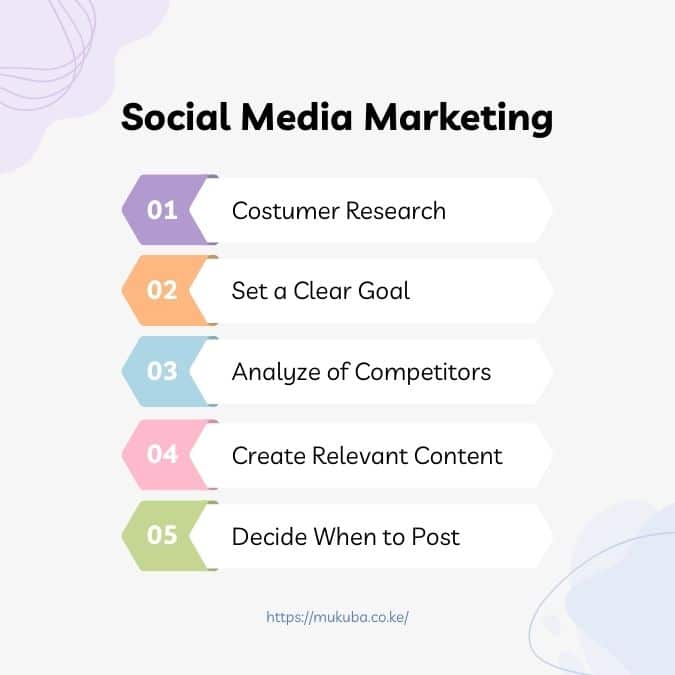
Businesses have a unique opportunity to connect with their audience and build their brand through social media.
Businesses can use social media to:
- Raise brand awareness by reaching a larger audience.
- Establish brand authority by sharing thought leadership content.
- Foster customer loyalty by engaging with customers.
- Humanize their brand by sharing behind-the-scenes content.
- Differentiate themselves from competitors by showcasing their unique value proposition.
You should carefully consider your company profile

Your company profile should reflect the image you want to project and the type of customers you want to attract.
For example, if your brand is built on design aesthetics and innovation, posting something that does not reflect these values would be illogical. Similarly, if your target market consists of young people and students interested in art and design, posting information about products or services unrelated to those interests would be inappropriate.
The same is true for other social networks: many businesses use Facebook Messenger because it allows them to reach large audiences through chatbots; Slack helps teams communicate efficiently; and Instagram allows businesses to share images and videos with their followers.
Engaging with Customers on Social Media
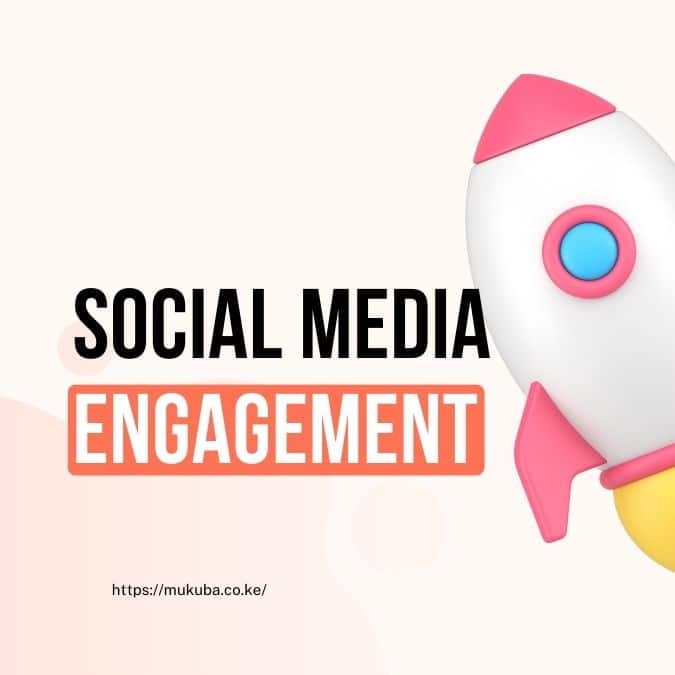
Engaging customers on social media is critical for developing strong customer relationships and cultivating brand loyalty.
This includes:
- Promptly responding to customer inquiries and feedback;
- Acknowledging customer comments and reviews;
- Providing personalized responses and solutions.
- Encouraging and sharing user-generated content (UGC) on your channels
- Organizing contests and giveaways on social media
Brands can demonstrate that they value their customers’ opinions and are committed to providing exceptional customer service by engaging with them on social media.
The Benefits of Customer Engagement on Social Media
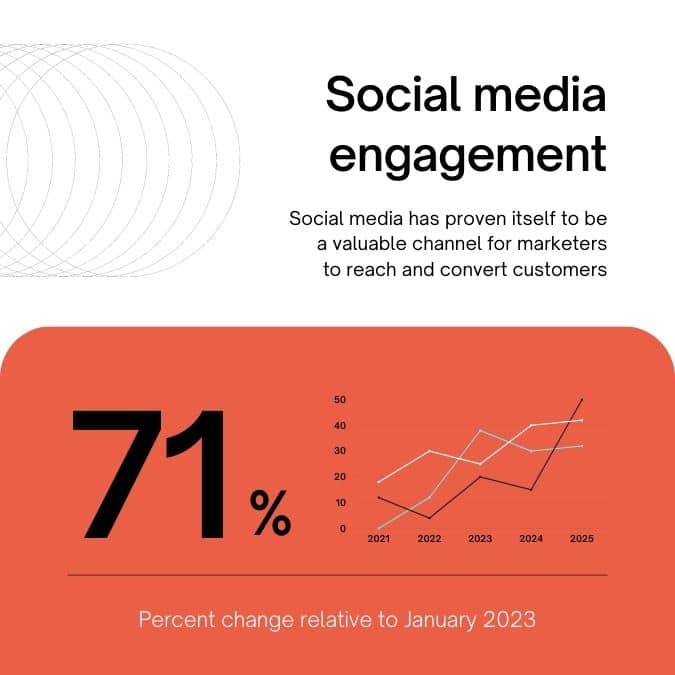
Engaging customers on social media can provide numerous advantages to businesses, including:
- Increased customer loyalty: Brands can strengthen relationships and increase customer loyalty by engaging with customers on social media.
- Improved brand reputation: Responding to negative feedback quickly and effectively can help to improve your brand’s reputation and mitigate potential damage.
- Increased customer advocacy: Encouraging customers to share their experiences and UGC on social media can aid in the development of brand advocacy and the attraction of new customers.
- Valuable customer insights: Brands can gain valuable insights into customer needs and preferences by monitoring social media conversations.
Creating Engaging Social Media Content
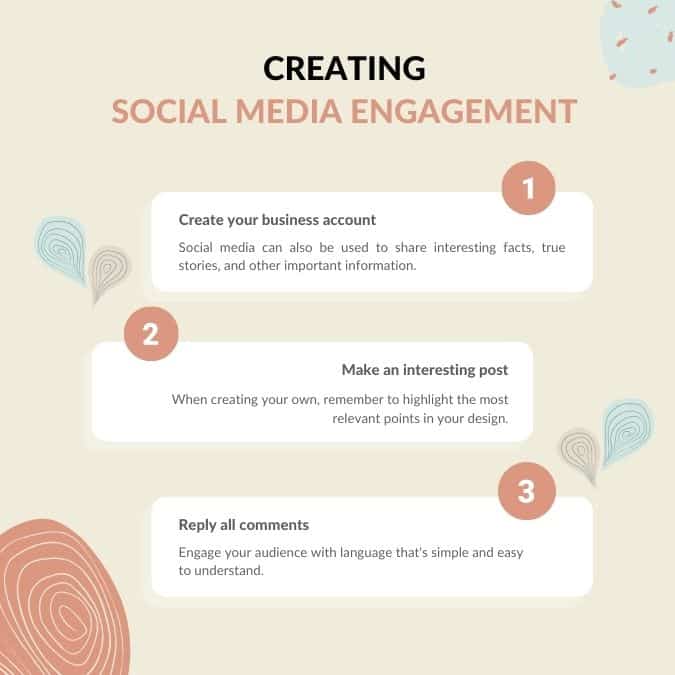
It is critical to creating engaging content that resonates with your audience in order to build a strong brand on social media.
- Visual content such as images, videos, and infographics are examples of this.
- Written content such as blog posts, tweets, and captions.
- Interactive elements such as polls, quizzes, and competitions.
When creating social media content, it’s critical to maintain consistency in your brand’s voice and messaging while also ensuring that the content is relevant and valuable to your audience.
The Role of Influencers in Brand Building and Customer Engagement
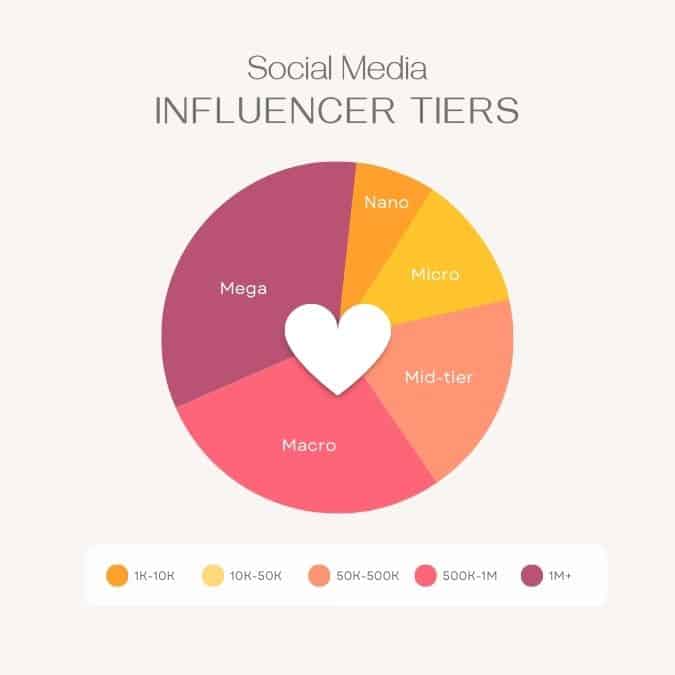
Influencer marketing has emerged as a popular social media strategy for increasing brand awareness and driving customer engagement. Brands can reach new audiences and leverage the influencer’s credibility and authority to promote their products or services by partnering with influencers who have large, engaged followings.
When working with influencers, it’s critical to select influencers who share your brand’s values and have a genuine connection with their audience.
Social networks most used in SMEs

Small and medium-sized businesses can also benefit from social media marketing. You can reach out to your target audience and build a relationship with them by using social media. When you already have a network of followers on social media platforms, there is no need to spend a lot of money on advertising.
With this in mind, we’ve compiled a list of the top social networks for SMEs:
- Facebook– You can share videos, photos, and other content related to your products or services in addition to posting news and updates about your company. While you’re having fun interacting with your friends online (and possibly meeting new ones), your business will be exposed to them at any time thanks to Facebook’s newsfeed algorithm, which filters content based on their interests.
- Instagram – This platform allows users all over the world who enjoy photography (or just pretty pictures) to share their creative works of art with others by using hashtags (#). Users can tag each other by putting @mentions before their username, and anyone who uses that hashtag will see what’s been posted about them in their feed.
- Twitter is a microblogging service that allows users from all over the world to post short messages of up to 280 characters in length. You can also send direct messages (DM) and share photos and videos.
- LinkedIn – This business-focused social network is a great way for professionals to find new jobs, connect with people who share similar interests, and stay in touch with coworkers. It works by allowing users to create a profile that includes their name, level of education, work experience, and other pertinent information.
- Pinterest – This image and video sharing platform allows users worldwide to post their own content or browse other people’s posts by clicking the “Related Pins” button. Users can follow one another, comment on what they see, and save images for later viewing.
- YouTube – This video-sharing website allows people all over the world to upload and watch videos. It can be beneficial to those who want to see what is going on in other parts of the world or learn about new products before purchasing them online.
- WhatsApp – More than a billion people use this messaging platform. It enables users to send text, video, and audio messages, as well as photos, from their phone to the phone number of another user.
- TikTok – This app has nearly 3.5 billion downloads worldwide and allows users all over the world to share short videos with others.
Addressing Negative Feedback on Social Media

While social media can be an effective tool for brand building and customer engagement, it also carries the risk of receiving negative feedback and criticism. When confronted with negative feedback on social media, it is critical to:
- Respond quickly and professionally.
- Recognize the customer’s concerns and provide a solution.
- If necessary, take the conversation offline.
- Take feedback into consideration and make improvements to your product or service.
Brands can demonstrate their commitment to customer satisfaction and mitigate potential reputational damage by effectively responding to negative feedback.
Social Media Strategy in Small and Medium Businesses
Social media strategy is an essential component of digital marketing. It’s also crucial for small and medium-sized businesses looking to maximize their marketing budgets.
A social media strategy should be developed based on your personal and company goals. Begin by asking yourself what you want to achieve with your social media activity in the short, medium, and long term. Is the goal to raise brand awareness?
Do you want to boost sales or improve customer service? Once you’ve defined success, it’ll be easier to decide where and how much time to devote to each platform, as well as what types of content are best suited for each.
Make a plan to use social media in the best possible way for your business

A well-thought-out strategy is essential for a successful social media strategy. Make sure you have a specific plan in mind before investing time and resources into social media. Here are some pointers to help you write your own:
- Make a list of your objectives. What do you hope to accomplish through social media? Do you want to boost your sales and contacts? Do you want to increase customer engagement? Do you want to increase brand awareness or community goodwill? For each goal category (sales/contacts, engagement, brand awareness, and community goodwill), write at least two to three goals.
- Make a list of your top priorities. What is the most critical issue for your company right now? Is it more important for salespeople to get leads from Facebook or LinkedIn? Are there specific times of the year when one type of publication works better than another?
- Outline your strategies. How can you use social media to help you achieve your objectives? Do you find them posting to your business page once a day or twice a week if you’re trying to attract more leads on Facebook? Are you posting more frequently to engage current customers?
- Make a list of your strategies. How are you going to put those strategies into action in order to achieve your objectives? Will you write a blog post and then share it on Twitter or LinkedIn? Will there be a Facebook announcement or link to a new product?
- Make a list of your metrics. What do you want to quantify? How frequently will you measure them? What are you going to record? Metrics can be qualitative or quantitative (such as “how much people like my page”) or quantitative (such as the number of “likes”).
- Make a schedule for yourself. What days and times will you post, and how frequently? For example, are you going to post at 8 a.m., noon, and 5 p.m. every day?
- Create your team: Who is going to do what? Will you employ someone to write blog and social media posts for you? Will you be photographing products for customers to post on Instagram?
- Make a list of your resources, including what tools will be used to help you achieve your goals and how they will be used. Is there, for example, a WordPress plugin that allows you to schedule posts or automatically share them across multiple platforms?
It’s important to have a social media plan, but be prepared to adjust it as you learn what works. For example, what you think are the best days of the week to post may turn out differently than expected. If there are fewer replies on the weekends, don’t post as much on the weekends. As with any business strategy, make sure your goals are clear, realistic, and achievable.
The Future of Social Media and Brand Building

Businesses will need to adapt their strategies as social media continues to evolve in order to remain relevant and effective. This can look like;
- Increased emphasis on video content
- Increased use of augmented reality (AR) and virtual reality (VR)
- The continued growth of influencer marketing
- Increased emphasis on personalized and interactive content
Brands can continue to use social media to build their brand and engage with their audience by staying up to date with the latest social media trends and technologies.
Conclusion
Social media is an excellent tool for marketing your company. However, in order to get the best results, you must use them correctly. You must understand how to take advantage of the opportunities provided by social networks. Social networks are also an excellent way for businesses to reach out to and connect with their customers or consumers more effectively than ever before.
This means that if you are a small business looking for ways to upsell and market your business online, spending time building a following on social media is unlikely to be beneficial because there is no direct return on investment or ROI (i.e., “what do I get out of this?”). Instead, concentrate on producing high-quality content (blog) that help people learn more about who you are, as well as what services/products you offer, without being too salesy all the time.




[…] repeat buyers but the ones who also talk about what they have bought to their friends. These are brand advocates, and they are highly prized to each […]